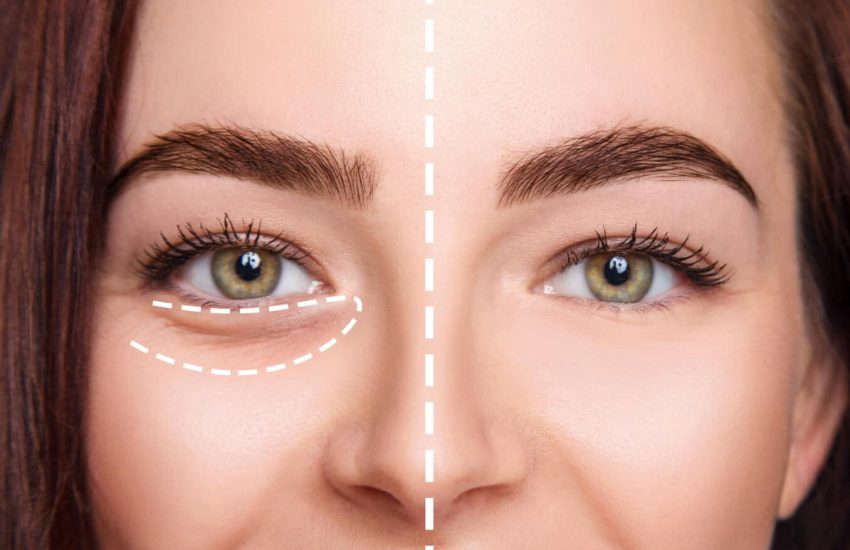What Are The Effects of Smoking on Teeth?
In addition to damaging your lungs, cigarettes can cause damage to the rest of your oral cavity, resulting in discolored teeth, receding gums, and foul-smelling breath. Revaluating the harm smoking may cause to your dental health might force you to give up this habit. In this article, we will discuss the important factors acknowledged by Family dentist in Woodbridge related to the effects of smoking on teeth.
Effects of Smoking on Teeth:
Stained Teeth: Teeth stains are commonly caused by the tar and nicotine included in cigarettes. These materials accumulate on the tooth enamel over time, giving them a discolored appearance. In order to remove these tough stains, brushing might not be sufficient, and professional cleanings might become more regular.
Gingivitis: One of the most significant impacts smoking causes on your overall health is the weakening of your immune system, making you susceptible to inflammation. When your gums become inflamed, that condition is known as gingivitis. If left untreated, this can develop into periodontitis, a severe gum disease that can lead to tooth loss.
Halitosis: Smoking is a major cause of foul breath (halitosis). Cigarette smoke leaves behind chemicals that stay in your mouth, and the smell is exacerbated by bacteria that accumulate on your teeth and tongue.
Diminished taste and smell: Smoking might impair your sense of taste and smell. This may reduce your appetite and make it more difficult for you to recognize the early warning signals of oral health issues like tooth decay.
Delayed Healing: Smoking might impede your body’s natural healing process following dental operations. This may result in a lengthier healing period following oral surgery or extractions.
Increased Risk of Oral Cancer: One of the main risk factors for mouth cancer is smoking. The lips, tongue, cheeks, gums, and throat may be impacted by this. It’s important to identify any odd sores or tumors in your mouth early on for a favorable outcome in therapy.
What Happens When You Quit Smoking?
The good news is that the moment you quit smoking, your oral health begins to improve. Here are a few of the many benefits of quitting cigarettes.
- Brighter Teeth: Over time, with proper brushing and flossing, some of the staining may fade. Professional cleanings can also significantly improve tooth color.
- Healthy Oral Mucosa: Your gums will start to heal, reducing inflammation and bleeding. This lowers your risk of developing gum disease.
- Better Taste and Smell: As your taste and smell buds start to revert to their natural states, you’ll be able to savor meals to the fullest.
- Decreased Risk of Oral Cancer: Giving up smoking dramatically reduces your chance of getting oral cancer.
Smoking has a long-term negative impact on dental health. On the other hand, giving up smoking presents an opportunity to regain a strong, bright smile. Consult your physician or dentist about effective quitting methods and potential benefits to your dental health. Never forget that you may always make a change for the better in terms of your smile and overall health.



